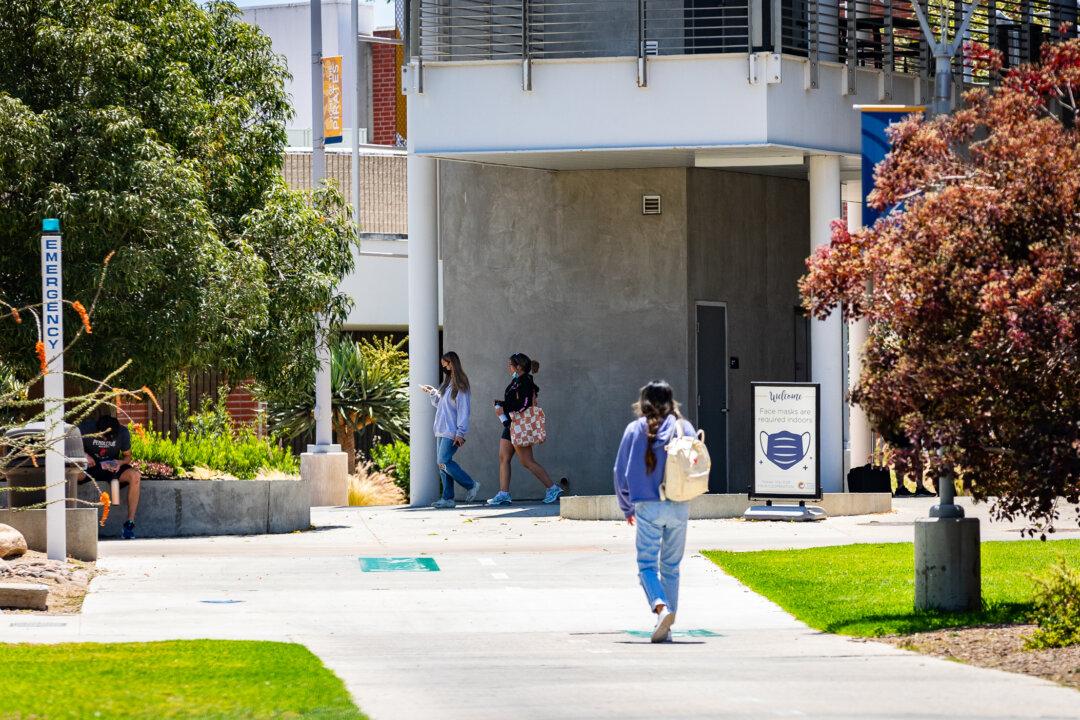A California law requires all schools within the University of California (UC) and California State University (CSU) systems to offer abortion pills beginning Jan 1, 2023.
Senate Bill 24, also known as College Student Right to Access Act, was signed into law by Governor Gavin Newsom in 2019. The bill requires all student health centers within the CSU and UC systems to stock up on drugs prescribed for medication abortion and have trained medical professionals ready to administer them.




